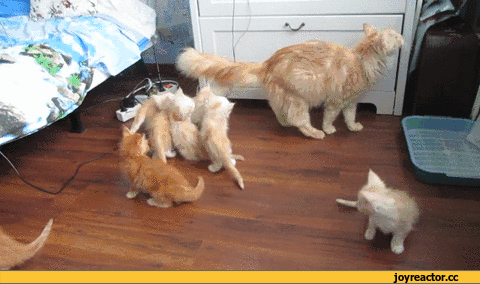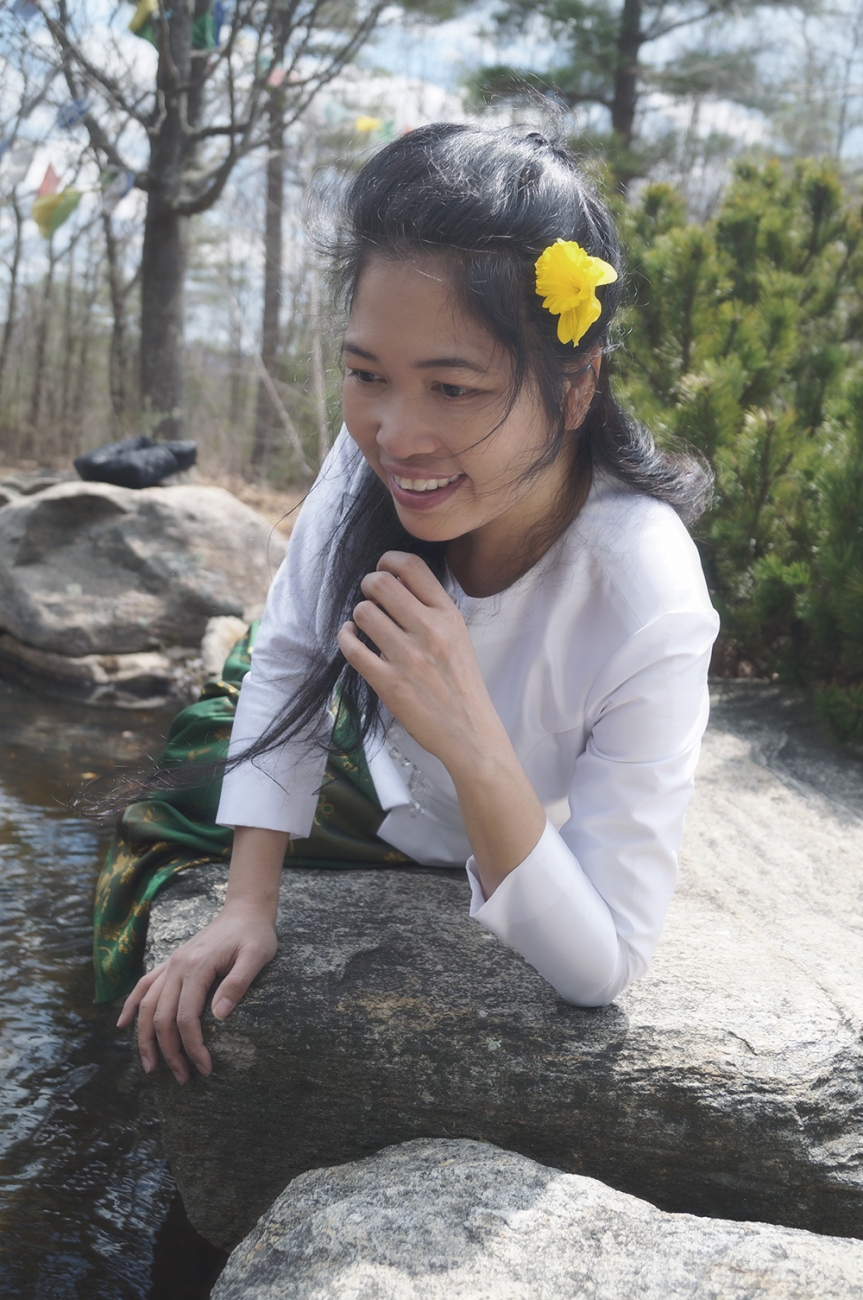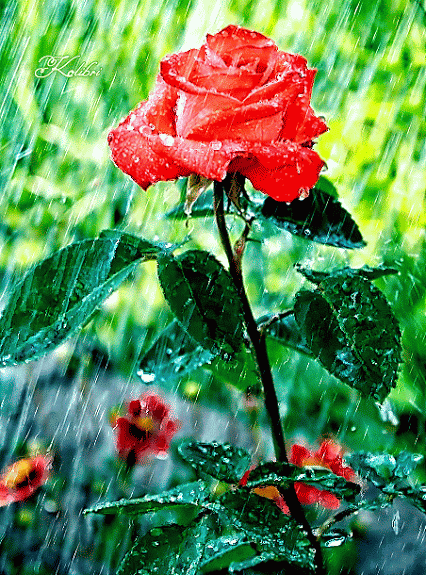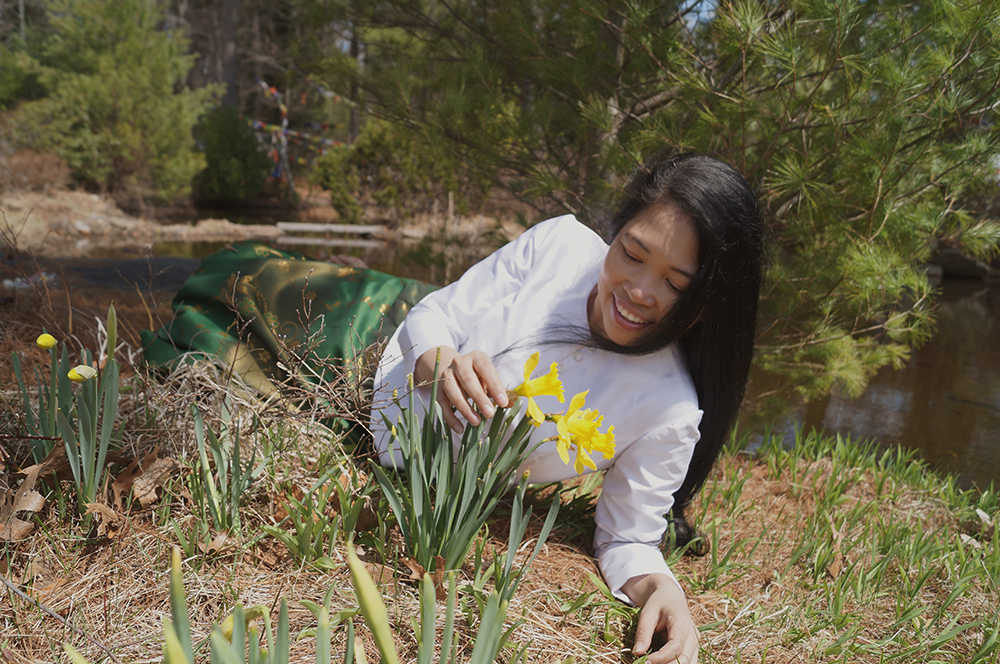Kitties hiding place
Cats have whiskers everywhere – not just on their face.Those incredible whiskers are a cat’s primary touch receptors. Whiskers are not just on a cats face, they are located on their front and back legs and over their eyes (those are not eyelashes). Cats have 3D whisker technology. Whiskers have a high degree of nerve endings at the base, when triggered the nerves send the brain a three-dimensional map of their surroundings. The whiskers help determine if a cat can move between two objects by gauging the distance. Whiskers will also help the cat guide their way through night by the cat moving their whiskers forward, making the whiskers an important part of their sensory code. Source: Victoria Swanson, Smart Living


















